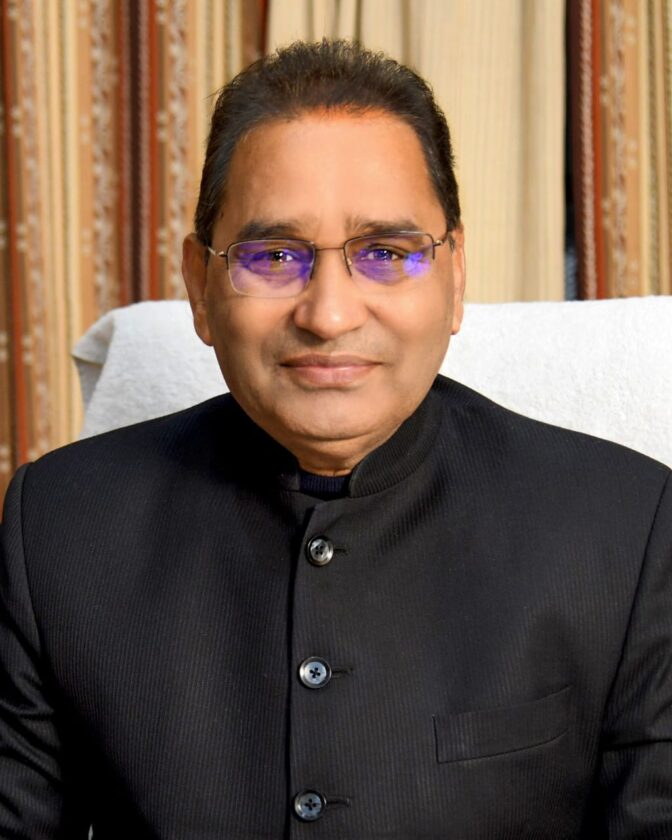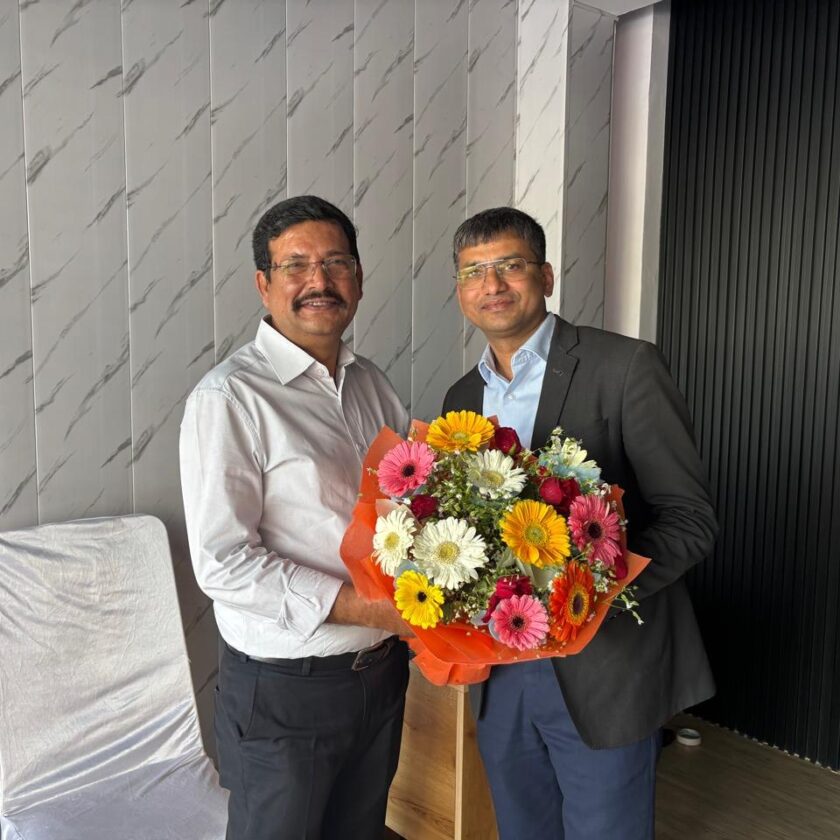UP Cow Service Commission reviews development plans in Ayodhya Division
Lucknow : In a significant step towards revitalizing rural economy and faith-based initiatives, the Uttar Pradesh Cow Service Commission convened a high-level review meeting in the Ayodhya division today. The meeting marked a decisive move to accelerate grassroots implementation of major decisions and to transform cow service (gosewa) into a public movement.
The meeting was presided over by the Chairman of the UP Cow Service Commission, Shyam Bihari Gupta, along with Vice Chairman Mahesh Shukla, Member Atul Singh Jeetthashri, and Rajesh Singh Sengar. Officials from all districts of the Ayodhya division participated and assured the Commission of full cooperation in enhancing transparency in cow shelters (gaushalas), strengthening veterinary services, and promoting natural farming practices.
Key decisions taken during the meeting include:
-
Ensuring the availability of green fodder and conducting transparent verification of actual cattle counts.
-
Establishing local processing units based on cow urine and dung, expanding biogas plants, and motivating farmers to take up cattle rearing.
-
Organizing field visits to model farmers to encourage the adoption of innovations in organic and natural farming.
-
Involving local youth, women self-help groups, and community members in Panchagavya-based products and allied farming activities.
Currently, over 12.58 lakh cattle are sheltered in 7,713 gaushalas across the state. These shelters will be developed into training hubs for natural agriculture, bioenergy, and Panchagavya products, thereby creating livelihood and training opportunities for self-help groups. Division-level training programs on cow-based natural farming will also be organized.

Additional proposals include:
-
Reclaiming illegally occupied grazing lands and utilizing them for fodder production.
-
Promoting perennial and seasonal fodder cultivation in collaboration with IGFRI Jhansi.
-
Large-scale plantation drives of shade-giving trees like banyan, neem, peepal, and moringa in gaushalas.
-
Designating ADG-level officers and ASPs as nodal officials in border districts to curb cattle smuggling.
-
Coordinated efforts by all relevant departments to make gaushalas self-sustaining.
-
Preparing and implementing a comprehensive tree plantation plan for every cow shelter.
The Commission envisions gaushalas as the cornerstone of a sustainable, village-based development model that empowers the rural economy. “Cow service is not just a responsibility—it is a catalyst for social awakening,” said Gupta. “This movement is set to gain momentum, with active participation from every village, farmer, youth, and women’s group in Uttar Pradesh.”









